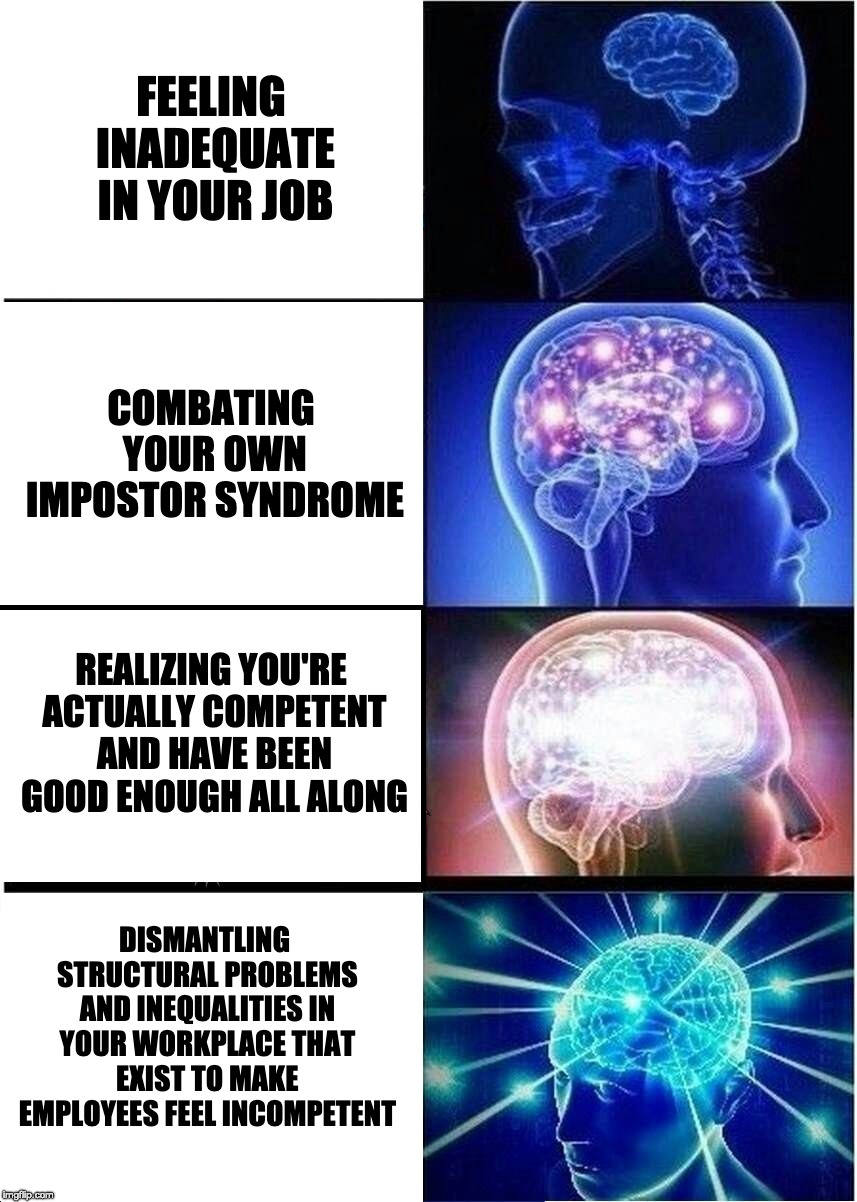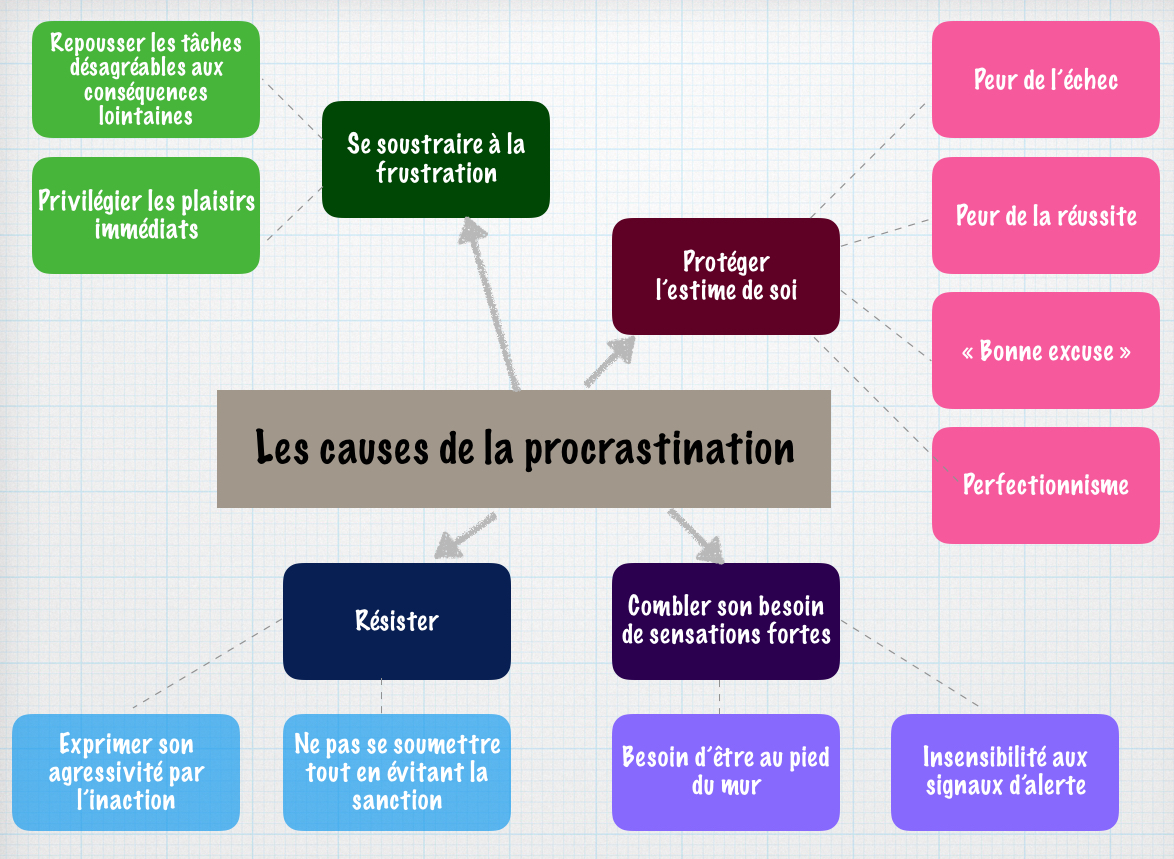Decoding the Psychology of Procrastination, Emotional Dependency, and Impostor Syndrome
Decoding the Psychology of Procrastination, Emotional Dependency, and Impostor Syndrome
Blog Article
In the modern age, people often face internal obstacles that affect their daily lives. Among these, procrastination, emotional dependency, and impostor syndrome stand out as common issues. But how can we overcome them?
This article, we will explore the root causes and strategies to address these three challenges. By understanding their impact and learning how to tackle them, you can build a healthier mindset and achieve your goals.
Understanding Procrastination and Its Impact
Procrastination is the act of delaying tasks despite knowing their importance. It often stems from fear of failure, lack of motivation, or poor time management.
When procrastination significado da palavra procrastinando takes over, sindrome do imposto it can lead to stress, missed opportunities, and reduced productivity. To combat procrastination requires developing better habits and creating actionable plans. Consider techniques like the Pomodoro Technique or focusing on time-bound goals to stay on track.
The Nature of Emotional Dependency
Emotional dependency occurs when an individual relies heavily on others for validation, support, or happiness. While human connection is essential, emotional dependency can become unhealthy when self-esteem is tied solely to others’ approval.

Symptoms often include a fear of rejection, difficulty making decisions independently, and constant seeking of external approval. Breaking free from this pattern, it’s crucial to build self-confidence and learn to validate yourself internally. Engaging in personal development activities and professional guidance can be helpful tools.
Recognizing and Managing Impostor Syndrome
Impostor syndrome refers to a psychological phenomenon where individuals doubt their accomplishments despite evident success. People with impostor syndrome often attribute their achievements to luck rather than skill or effort.

Impostor syndrome often results in anxiety, self-doubt, and hesitation to pursue new opportunities. Addressing this issue involves reframing negative thoughts and acknowledging personal successes. Seeking feedback from trusted peers and setting realistic expectations can support personal growth.
Steps to Overcome Procrastination, Emotional Dependency, and Impostor Syndrome
To navigate these issues, consider the following strategies:
- Develop structured daily plans and set achievable goals.
- Build self-awareness to identify patterns of emotional dependency and foster personal resilience.
- Acknowledge your strengths regularly and consider therapy or coaching.
depedencia emocional
Long-term improvement requires persistence, so keep practicing these methods to see positive changes.
Moving Forward from Mental Barriers
Procrastination, emotional dependency, and impostor syndrome can feel overwhelming, but they are manageable with the right strategies. With awareness and consistent effort, you pave the way for a healthier, more fulfilling life.
Start today by acknowledging where you stand and implementing small but meaningful changes. Remember: progress is a journey, not a destination.
Report this page